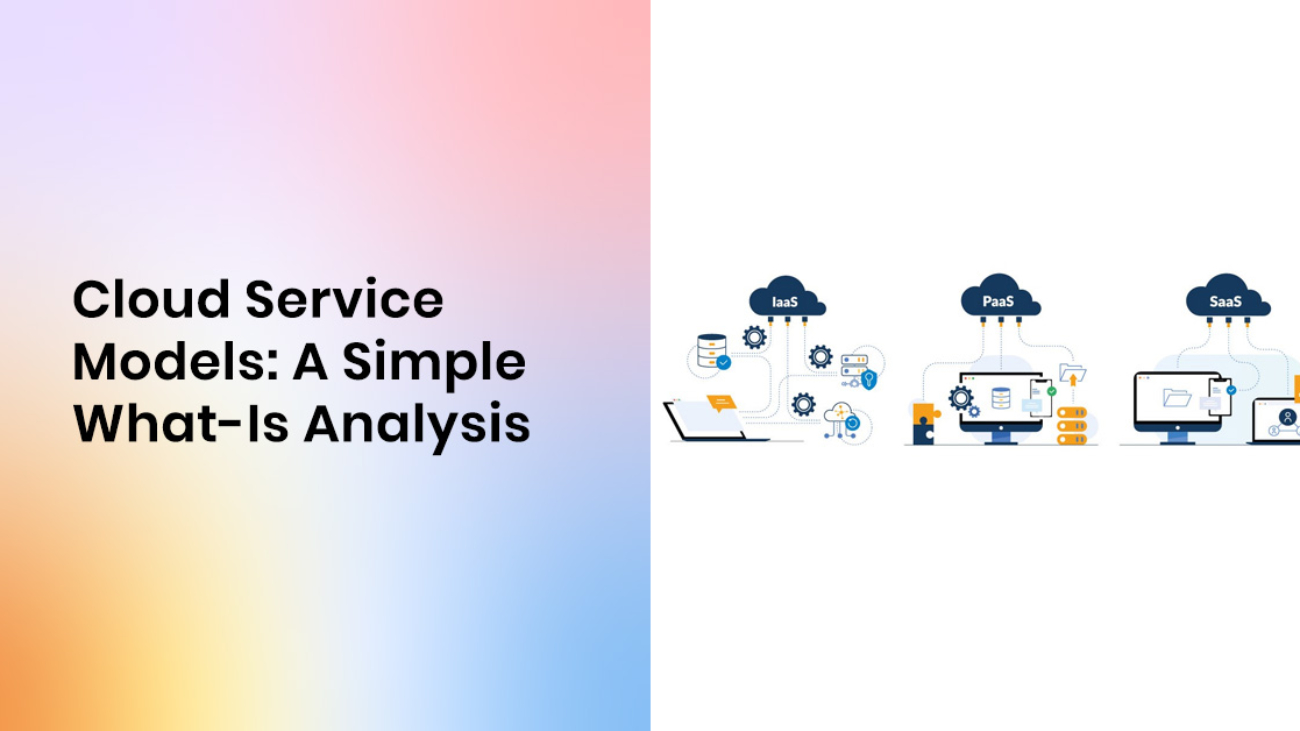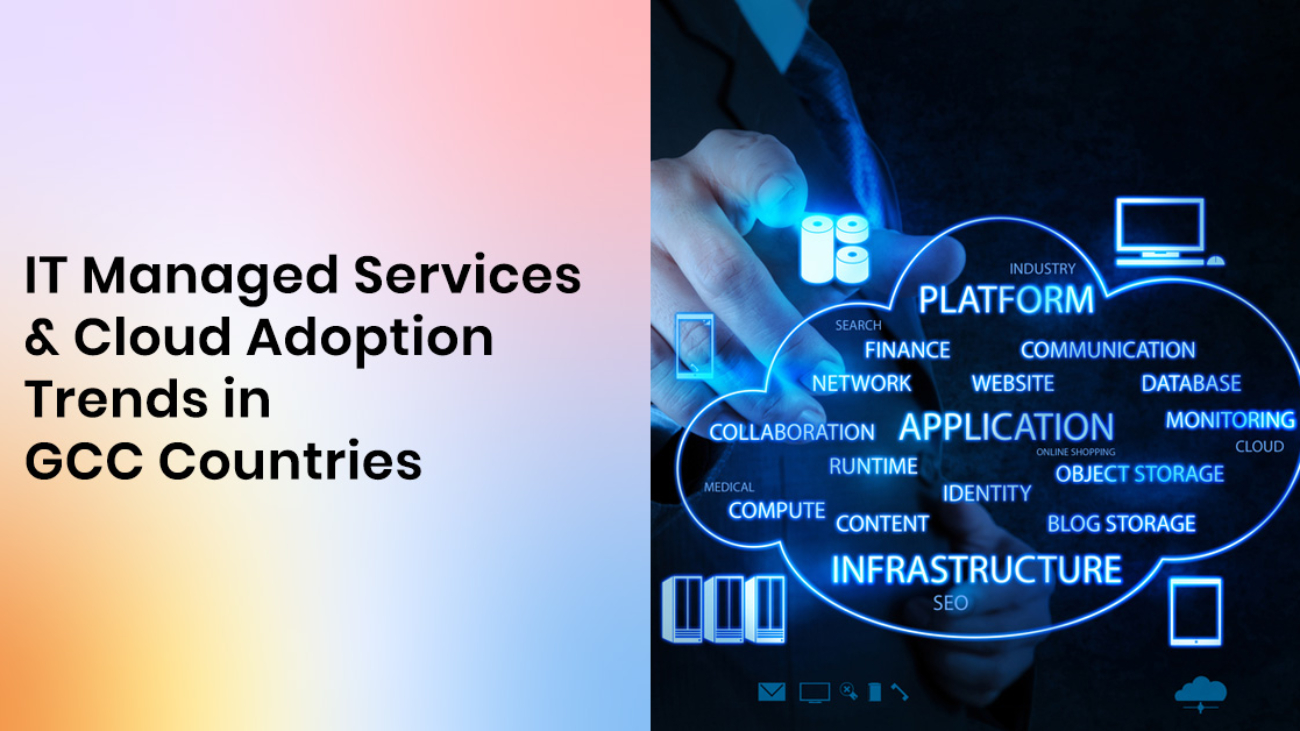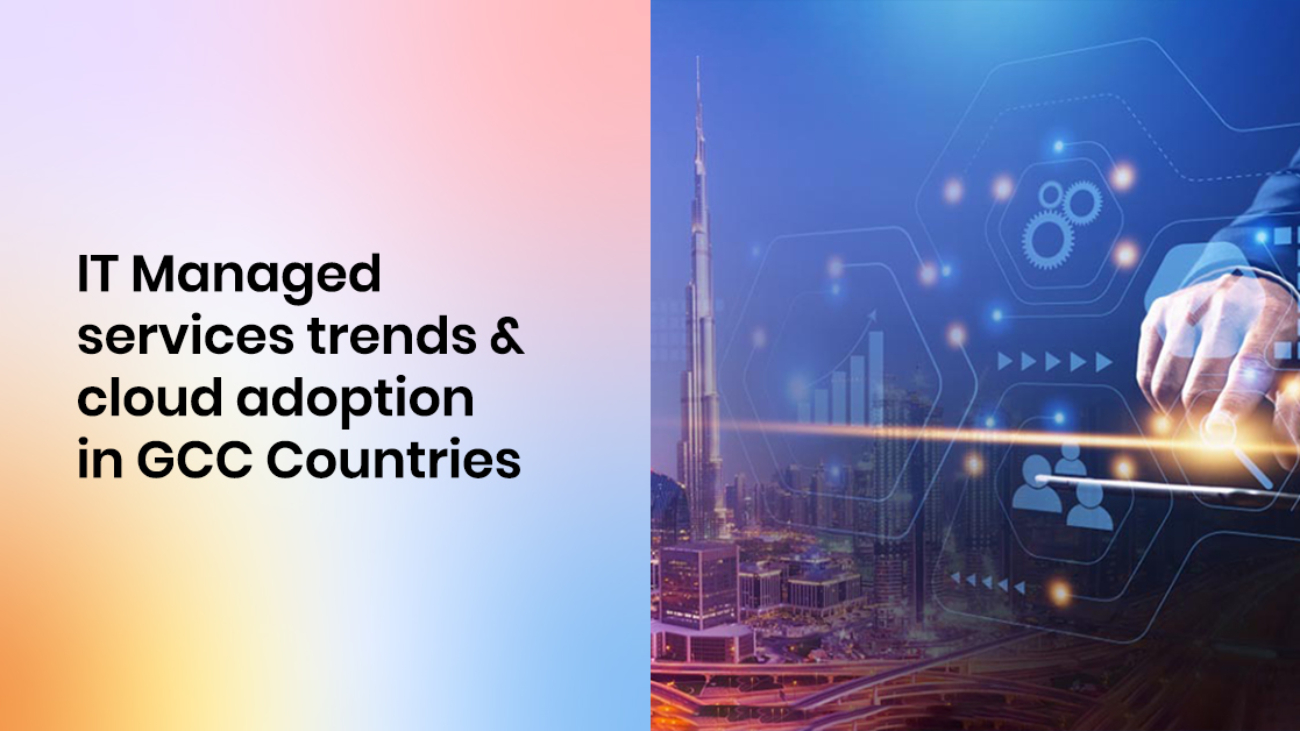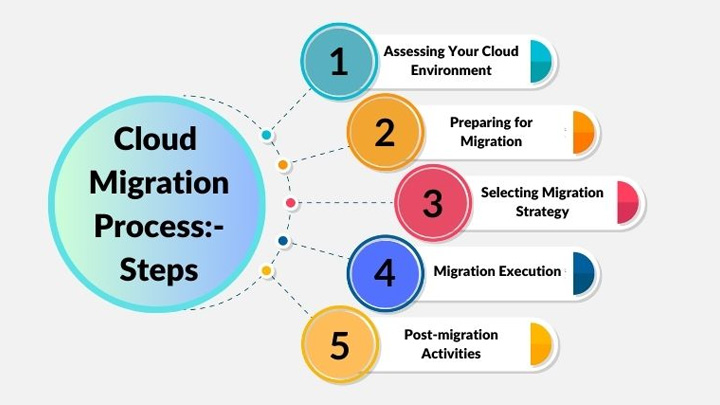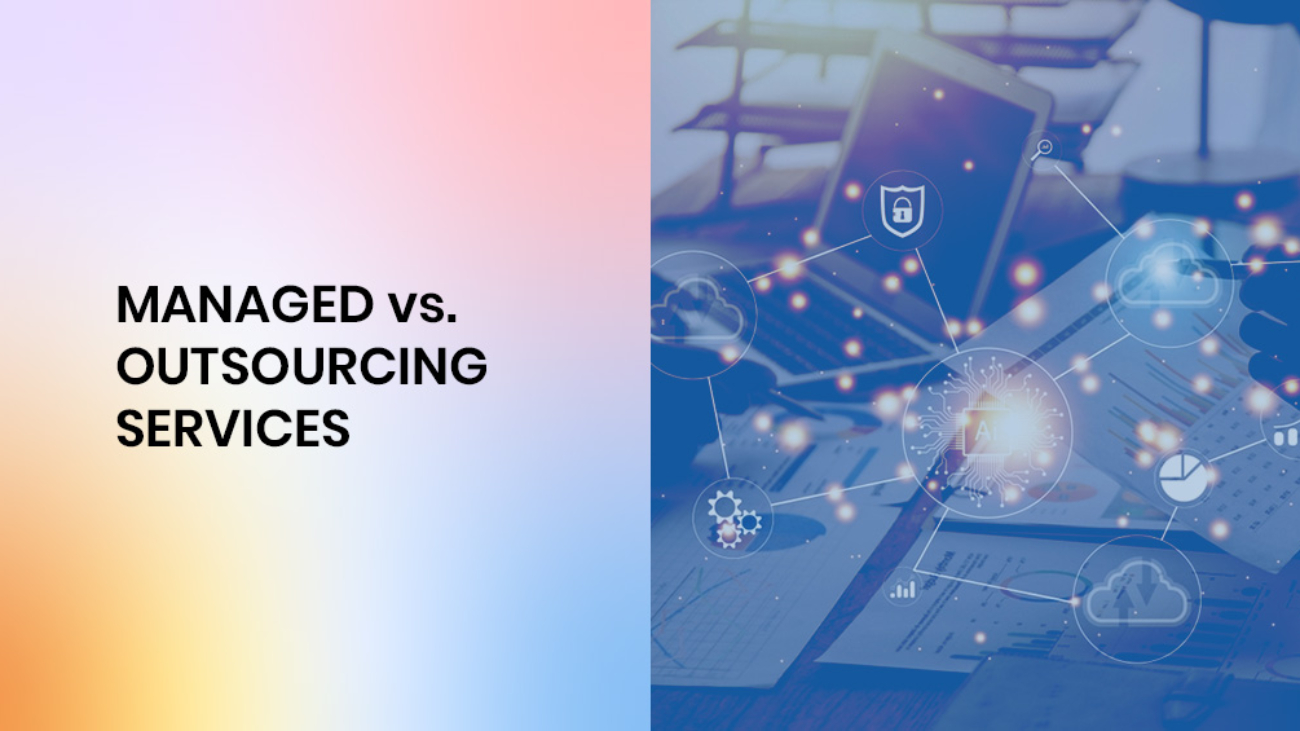In today’s competitive business landscape, choosing the right support and expertise is crucial for success. Managed services and Professional services offer slightly similar solutions, however, they are meant to address to different needs of a customer.
In this, we will explore the factors to consider when deciding between these services, helping you make an informed choice that aligns with your business goals. Let’s find the perfect fit to propel your business forward.
Managed Services VS Professional Services
Managed services refer to the outsourcing of specific business operations or responsibilities to a third-party service provider.
Professional services, on the other hand, refer to specialized expertise or consulting services provided by professionals with specific knowledge and skills.
Let’s dive in and uncover the contrasts between Managed services and Professional services.
The following distinctions can assist you in locating the best solution:
Managed Services vs Professional Services: How it works
Purpose
Managed: Outsourcing critical operational responsibilities.
Professonal: Providing specialized expertise and problem-solving skills on a certain domain.
Focus
Managed: Ongoing management and maintenance.
Professional: Project-based solutions and consulting.
Scope
Managed: A Continuous scope where the service provider is responsible for ongoing management and support, adapting to evolving needs.
Professional: A Set scope defined at the beginning of the engagement, focusing on delivering specialized expertise and recommendations within that defined scope.
Accountability
Managed: Responsible for business continuity by monitoring the performance, availability, and security of the systems they manage.
Professional: Accountable for delivering the expected outcomes, meeting project milestones, and providing the agreed-upon deliverables within the specified timeframe.
Expertise
Managed: Technical proficiency and operational knowledge
Professional: Subject matter expertise and industry-specific insights
Performance
Managed: Ongoing monitoring, maintenance, and support.
Professional: Customized solutions and process optimization.
Engagement(bfor acc)
Managed: Long term contractual engagement
Professional: Project-based engagement
Cost Structure
Managed: Predictable, budgeted operational expenses
Professional: Project-based fees or hourly rates
When it comes to Managed and Professional Services, businesses face various risks and challenges, including aligning expertise, fostering effective communication, and ensuring consistent service quality, all of which require careful navigation to achieve desired outcomes.
Risks and Challenges:
- Dependence on Service Provider: Managed services ensure clear communication and regular evaluation, while professional services promote active participation and knowledge transfer to reduce dependence.
- Compatibility and Integration Issues: Managed services specialize in technology integration, while professional services address compatibility challenges during project implementation.
- Scope Management: Managed services use SLAs and regular communication, while professional services provide clear scoping and milestone reviews.
- Budget and Cost Management: Managed services offer predictable pricing, while professional services focus on efficiency to reduce long-term costs.
- Resistance to Organizational Change: Managed services provide training and user adoption assistance, while professional services address resistance through guidance and clear communication.
- Keeping Up with Customer Expectations: Managed services ensure system performance and updates, while professional services help understand customer expectations and recommend improvements.
- Planning for Ongoing Demand: Managed services offer scalability options, and professional services provide guidance on planning for growth and changing demands.
Finding the Right Provider:
Selecting the ideal provider of professional and managed services is a crucial decision for businesses, as it directly impacts their ability to leverage specialized expertise and seamlessly integrate tailored solutions into their operations.
- Consult Reliable Research Organizations
- Make Contact with Industry Experts
- Determine Your Organization’s Requirements
- Identify the Key PSA or MSP Features
- Understand the Most Effective Practices for Implementation and Adoption
What is ECS’s role in Managed Services and Professional Services?
ECS, a global IT Consulting company has an extensive portfolio covering Managed Services, Professional Services and Outsourcing.
Our domain expertise spans across verticals such as Oracle, Salesforce, Microsoft and Infrastructure.
Our Centre of Excellence (CoE) combined with bespoke PMO capabilities can assist in Strategic Consulting, Advisory, Project Management. Our services can help you plan, govern, execute, and continuously increase your User adoption thus optimizing your IT spend.
ECS Value Add lies at our Flexible pricing model that can be altered to your Business needs and IT Budgets. While we work on fixed cost model, we can also support efforts-based billing as the need may be.
ECS Professional Service Offerings:
- Cloud Adoption and Migration
- Oracle ERP Implementation and Rollouts; Version Upgrades
- Oracle Database Installation and Upgrade
- Disaster Recovery Setup
- Change Requests, Customizations and Bolt-on Solutions
- .NET Application Development
- 3rd party Integrations
- Salesforce CRM Customizations
- Reports and Dashboard Building
ECS Managed Service Offerings:
- Oracle Cloud Applications: ERP, HCM, SCM, Financials, EPM, CX and Taleo
- Oracle Enterprise Applications: EBS, JDEdwards, Flexcube
- Oracle Infrastructure: Database, Apex, Linux, Middleware, Engineered Systems
- ·Salesforce: Salesforce Commerce, Pardot, Lightning
- Microsoft Applications: Microsoft .NET, SharePoint, SQL DB
- Others: SAP, IBM IIB, Custom Integrations & Bolt-on Solutions for Oracle EBS


